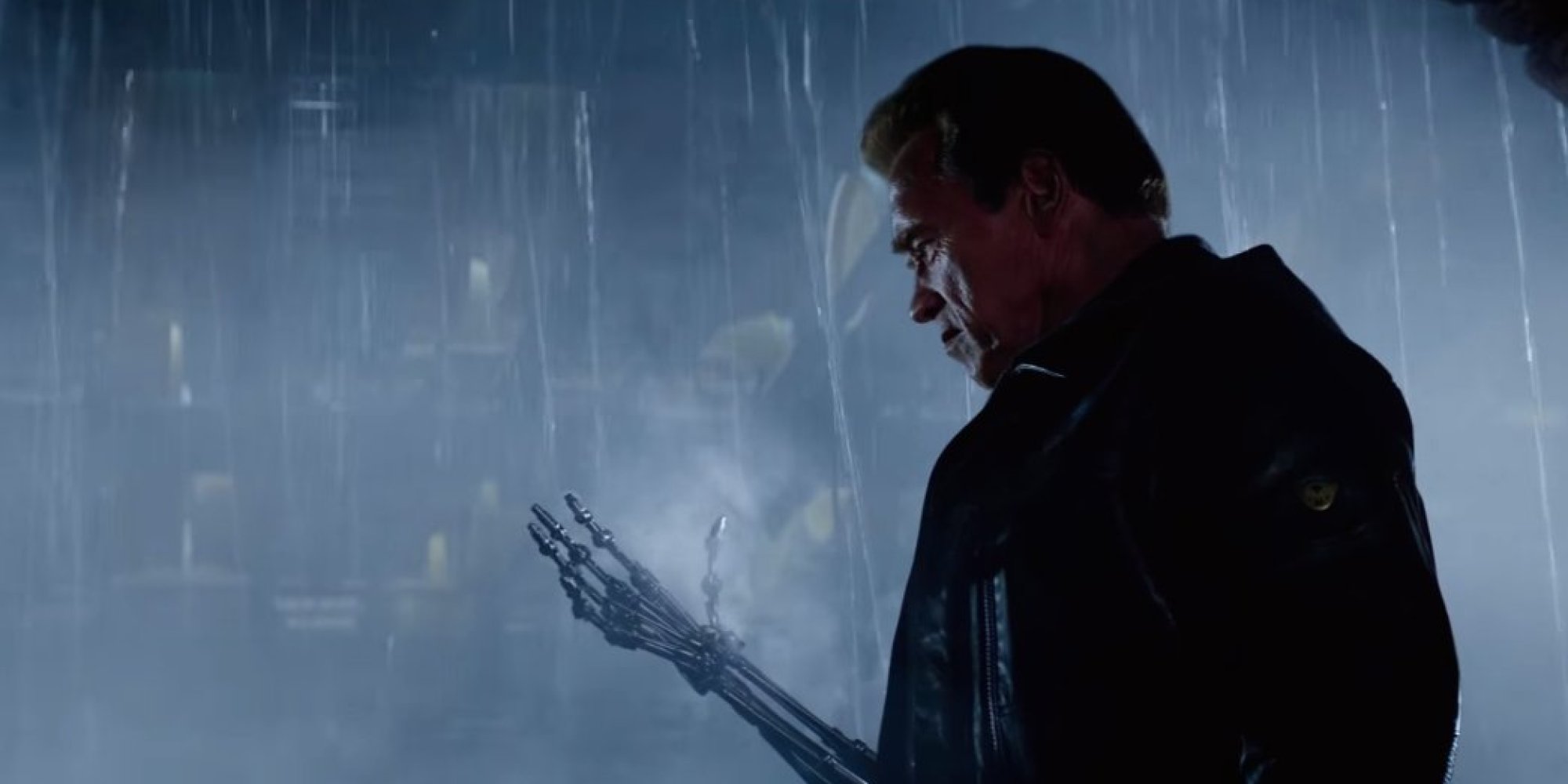#406 - The Long Kiss Goodnight
Renny Harlin, 1996

When an amnesiac woman living a quiet suburban lifestyle starts to remember her former life as a spy, it plunges her and a two-bit detective into the middle of a government conspiracy.
Four million dollars. That's how much Shane Black managed to earn off the screenplay for The Long Kiss Goodnight, an action-comedy that's not all that much of a comedy despite its many one-liners and off-beat visual gags. Though Black has earned something of a reputation as a screenwriting auteur in a manner akin to that surrounding someone like William Goldman, I have ultimately never been all that impressed with any of the films he's had a hand in writing, though I do acknowledge that there is some spark I'm probably missing. Even so, The Long Kiss Goodnight is a film that's only sporadically likeable with its familiar high-concept being given a somewhat comedic treatment as Geena Davis's chipper schoolteacher/wife/mother sustains a head injury that prompts her to slowly remember her past self, who just so happens to be a callous government agent that is proficient in all sorts of dangerous skills. This happens around the same time that she is attacked by a murderous convict and soon has to team up with a low-rent investigator (Samuel L. Jackson) in order to find out the truth behind what happened to her, which naturally involves going up against a serious government conspiracy.
Davis and Jackson have some decent odd-couple chemistry that changes up as Davis gradually makes the change from hapless innocent to cold anti-hero while Jackson gives a decent enough performance as a character that's at once a complete loser yet is still sort of cool as a result of being played by Jackson. Other characters tend towards the forgettable, even when played by memorable character actors like Brian Cox or David Morse. Though there is the occasional clever one-liner or exchange (often between the two constantly-bickering leads), too much of the script sounds like it's trying too hard to be clever (especially when you have one character watching The Long Goodbye on TV in one scene as if to draw attention to how much this movie wants to be a clever mystery film in its own right), while the conspiracy plot only occasionally throws up a surprise in its development. The action also leaves something to be desired, though the finale is handled reasonably well. Unfortunately, a few smart moments here and there plus a couple of good leads are not enough to make this otherwise pedestrian '90s action thriller stand out.
Renny Harlin, 1996

When an amnesiac woman living a quiet suburban lifestyle starts to remember her former life as a spy, it plunges her and a two-bit detective into the middle of a government conspiracy.
Four million dollars. That's how much Shane Black managed to earn off the screenplay for The Long Kiss Goodnight, an action-comedy that's not all that much of a comedy despite its many one-liners and off-beat visual gags. Though Black has earned something of a reputation as a screenwriting auteur in a manner akin to that surrounding someone like William Goldman, I have ultimately never been all that impressed with any of the films he's had a hand in writing, though I do acknowledge that there is some spark I'm probably missing. Even so, The Long Kiss Goodnight is a film that's only sporadically likeable with its familiar high-concept being given a somewhat comedic treatment as Geena Davis's chipper schoolteacher/wife/mother sustains a head injury that prompts her to slowly remember her past self, who just so happens to be a callous government agent that is proficient in all sorts of dangerous skills. This happens around the same time that she is attacked by a murderous convict and soon has to team up with a low-rent investigator (Samuel L. Jackson) in order to find out the truth behind what happened to her, which naturally involves going up against a serious government conspiracy.
Davis and Jackson have some decent odd-couple chemistry that changes up as Davis gradually makes the change from hapless innocent to cold anti-hero while Jackson gives a decent enough performance as a character that's at once a complete loser yet is still sort of cool as a result of being played by Jackson. Other characters tend towards the forgettable, even when played by memorable character actors like Brian Cox or David Morse. Though there is the occasional clever one-liner or exchange (often between the two constantly-bickering leads), too much of the script sounds like it's trying too hard to be clever (especially when you have one character watching The Long Goodbye on TV in one scene as if to draw attention to how much this movie wants to be a clever mystery film in its own right), while the conspiracy plot only occasionally throws up a surprise in its development. The action also leaves something to be desired, though the finale is handled reasonably well. Unfortunately, a few smart moments here and there plus a couple of good leads are not enough to make this otherwise pedestrian '90s action thriller stand out.
__________________
Iro's Top 100 Movies v3.0
I really just want you all angry and confused the whole time.








